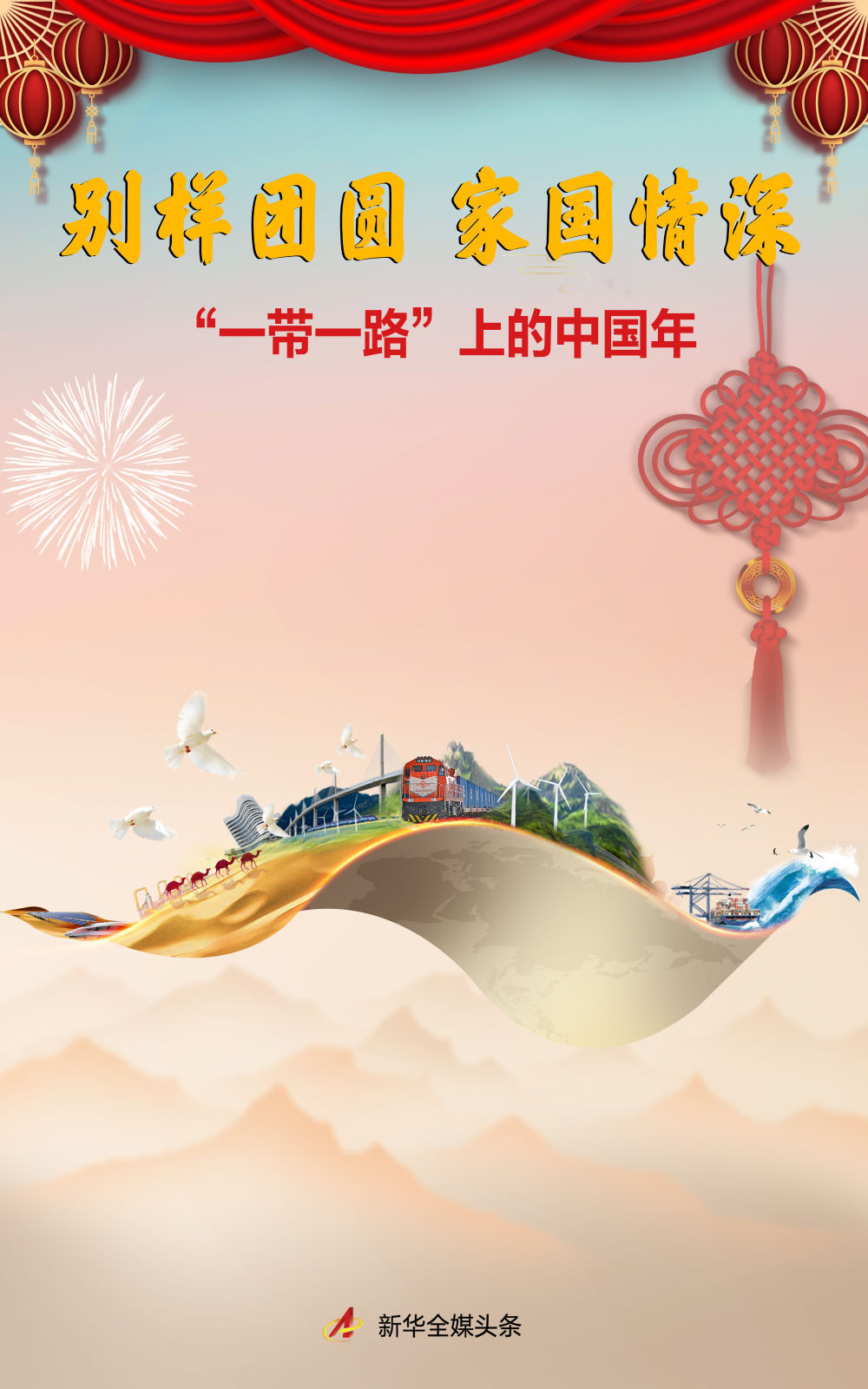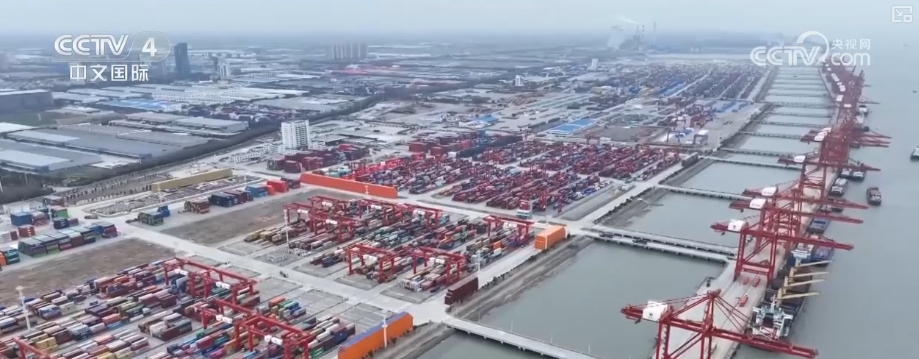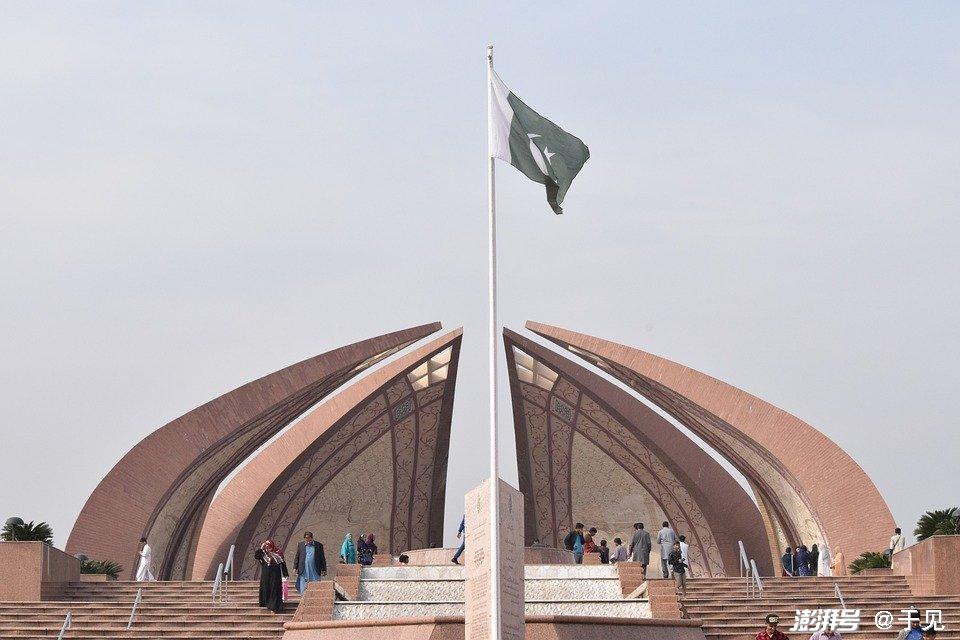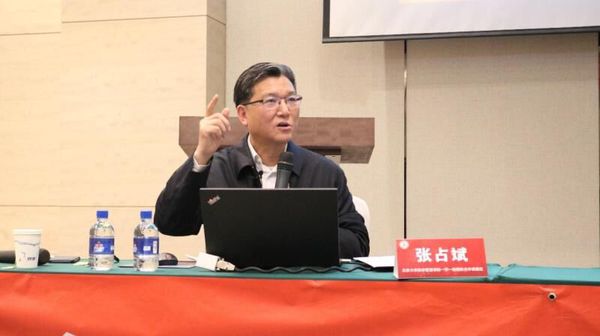alert! The EU Is Revealed To Be Preparing To Launch 20 "investigations" In Different Fields In China
alert! The EU Is Revealed To Be Preparing To Launch 20 "investigations" In Different Fields In China
alert! The EU is revealed to be preparing to launch 20 "investigations" in different fields in China
Hong Kong media mentioned that Trump's abuse of tariffs has caused concerns about the "threat of trade transfer." The EU's unreasonable trade coercion performance against the United States was "sliding" and instead targeting China more. While speculating on the old-fashioned issue of so-called "overcapacity" and following the United States, distorting China's reasonable and legal export controls on key minerals into so-called "rare earth weaponization."
Sabina Weiander, a senior EU trade official, is a supporter of this argument. She slandered that China's rare earth export controls are "a typical example of weaponizing dependence on China", and complained that China imposed temporary tariffs on EU imported pork "violating global trade rules" and threatened that the EU would take all feasible measures to protect itself.
Ironically, in the face of the United States, which truly violates global trade rules, the top executive of the EU trade policy involved in the US-EU trade negotiations not only did not feel shame about the agreement reached with the United States, but instead urged European parliamentarians to vote for the agreement denied as "surrender to the United States", and argued that this is the "optimal result" that the EU can currently strive for.
In contrast, China has always used trade relief measures prudently and restrainedly. Regarding the anti-dumping investigation of related pork products in the EU, on September 18, He Yadong, spokesperson of the Ministry of Commerce of China, introduced that during the investigation, China maintained good communication with EU-related enterprises, industry associations and member governments, including Spain, listened carefully to opinions from all parties, and will continue to promote the investigation in accordance with the law.
The spokesperson further emphasized that since this year, China has not launched any original investigation into the EU and has only made a ruling in three cases. In sharp contrast, this year, the EU has launched seven original investigations on China, accounting for nearly 40% of its total foreign investigations.
According to German Business Daily on the 26th, citing senior Brussels officials, the European Commission plans to impose tariffs of 25% to 50% on Chinese steel and related products in the next few weeks.
At the same time, the EU plans to link the grant of public contracts to the so-called "buy European products" rule - in the future, subway, train and railway lines will be built with "European green steel"; large enterprises and car rental companies will also be encouraged to give priority to purchasing European electric vehicles as supporting facilities for their fleets through a quota system.
"Europe has no choice but to find a new balance," said Stefanna Sejourne, executive vice president of the European Commission and commissioner of the European Industrial Strategy. The EU needs to reduce internal trade barriers and build a truly well-functioning internal market, while also requiring protection measures to restore balance with partners who no longer comply with any rules.
Germany is "cautious" about this. German Vice Premier and Finance Minister Lars Klinbayer said that he actually supports free trade and opposes protectionism, but then the tone changed to claim that considering the industrial policies of China and the United States, "we should not be naive."
An op-ed article published by the British Guardian on the 23rd pointed out that the EU has been following the United States on China issues for many years, but this approach is no longer feasible. The article questioned, "Can the EU bear the consequences of being attacked by two major powers without losing an allies in the superpower?"
The article analyzes that China still has the upper hand in the current Sino-US trade war, and Trump regards Europe as an affiliate: he is happy to see Europe exert economic pressure on China at its own consequences, but he is unwilling to pay the price himself, and his decisions often ignore the stance of European and Asian partners.
As the role of Washington's so-called "Polaris" disappears, the article believes that Europeans will have to rethink: What is their true position? How should we interact with China?
The article asked repeatedly, " Should we increase trade protectionism, or should we promote China's technology transfer, avoid trade wars, and jointly protect the global trade order with Asia? Knowing that without China's green technology, the EU will not be able to promote energy transformation and achieve climate goals, should we accept or try to reduce our dependence on China's green technology? In the global south, in the context of the United States withdrawing from the field of aid, does the EU really have the ability to compete with China's "Belt and Road" initiative? Or should we accept its own "global portal" infrastructure initiative complement it..."
Unfortunately, “the answers to these questions are not simple. But expecting the question to disappear on its own is not the answer.”
Regarding China-EU relations, on September 13 local time, Wang Yi, member of the Political Bureau of the CPC Central Committee and Foreign Minister, said in Ljubljana that the current international situation is in chaos and conflicts are constantly changing. China and Europe should be friends rather than opponents, and should cooperate rather than confrontation. Make the right choice in the century-long change and demonstrate the responsibilities of both sides to history and the people.
During his visit to Austria on the 12th, Wang Yi also mentioned that maintaining the healthy and stable development of China-Europe relations is in the interests of both sides and the aspirations of the people. The problems facing Europe are not caused by China. China supports Europe in seeking real strategic autonomy, but opposes the wrong idea of reaching a deal that harms China's interests, and hopes that the Austrian side will play a constructive role in promoting the EU to pursue a rational and pragmatic policy toward China.





